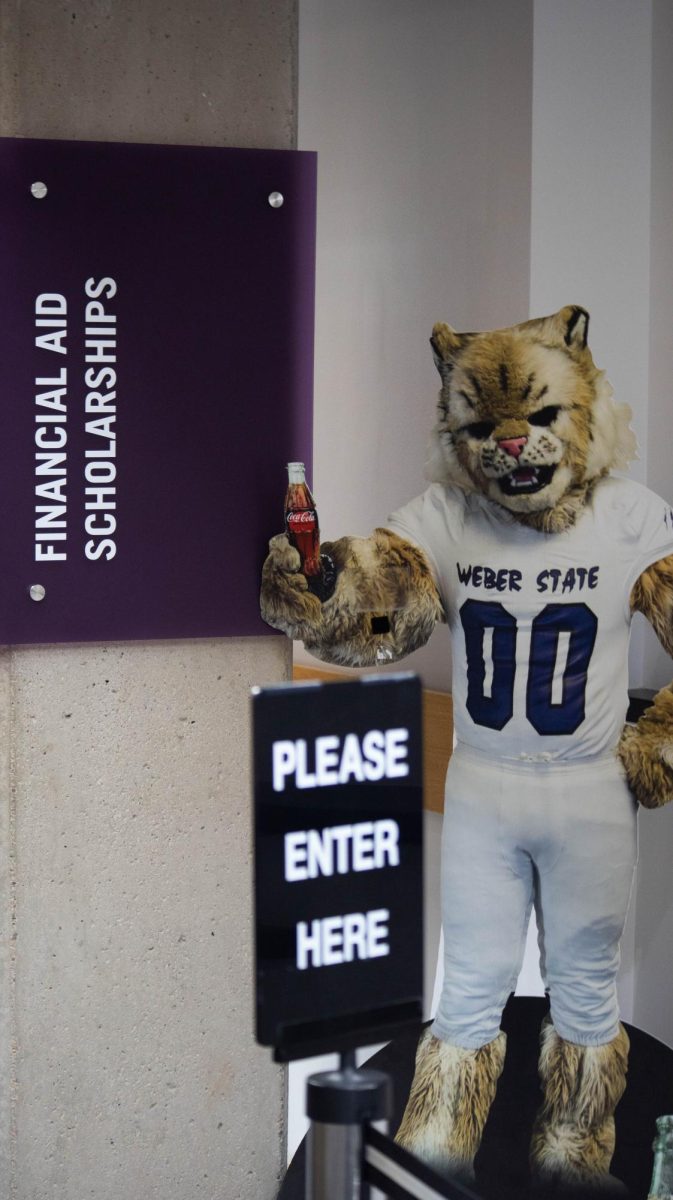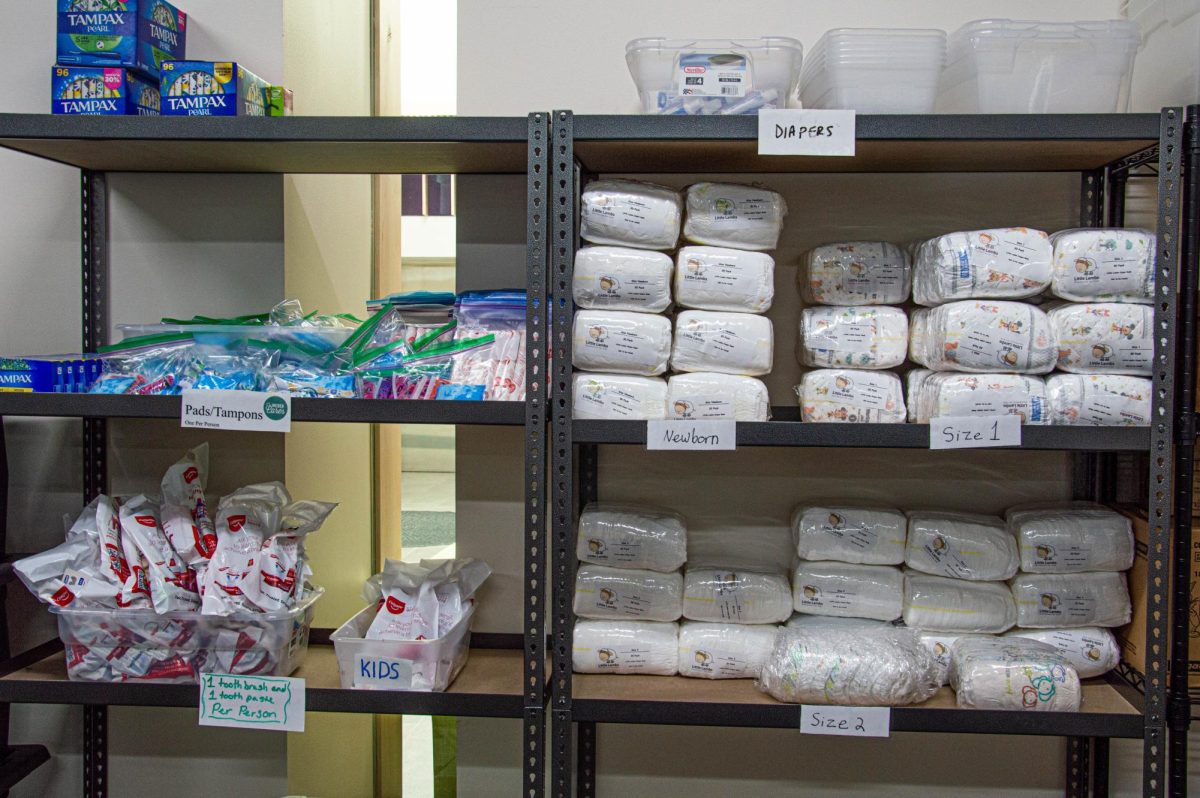Starting Tuesday, Oct. 9, the Counseling and Psychological Services Center at Weber State University is hosting a therapy group for men who are survivors of sexual trauma.
The group will meet weekly in the group room of the CPSC from 3-4:30 p.m.
Dianna Abel, the director of the CPSC, said research shows that 1 in 6 men have been sexually abused.
“That means there’s probably four or five men in every class you’re in who’ve experienced this,” Abel said. “So let’s start talking about it. You know, let’s not keep it under wraps any longer.”
Lawrence Helmbrecht-LaPointe, a licensed psychologist at WSU, is leading the Adult Male Survivors Therapy Group.
Helmbrecht-LaPointe said participants can expect a safe and controlled environment to discuss what they’re experiencing, confidentiality, and a space where other men are talking about similar issues.
He also said they can expect to talk candidly about what’s going on in the present and also maybe what’s gone on in the past to find a way to connect the two in a more functional manner.
The group is for people who’ve been sexually violated at any point in their life; it’s not just for survivors of childhood sexual trauma. Helmbrecht-LaPointe said it is important to note that men can be traumatized in adulthood as well.
He said many people don’t think of men being sexually traumatized, which then silences men from talking about their experiences.
Will Elder, a practicum counselor at WSU, said it can be hard for men to talk about their feelings because of societal norms. He compared the situation to a vice grip, where one end is the effects of trauma and the other is rules about masculinity – some men feel trapped between the pressures of trauma and feeling like they can’t talk about it.
Elder used to work at Rape Recovery Center as an advocate for people who had been sexually assaulted.
“I saw probably 100 different people over the two or three years I did that, and only two of them were men,” Elder said. “I’m not saying men are not getting sexually assaulted; I’m saying men are not reporting it.”
Helmbrecht-LaPointe said a major benefit of group counseling is participants not only get to hear feedback from other people, but they also have the opportunity to help others with their healing experiences.
“You can be with other men who are in the same process, trying to get through the same kind of thing,” Abel said. “And we know that (with) healing from sexual abuse for men, there’s a huge component of being in a group with men that’s so important. Individual therapy can work, too, but being in a group can be so healing.”
Abel said those interested in the therapy group should call the CPSC and set up an appointment for an initial interview. This interview serves several purposes; it will be used not only to explain what potential participants can expect from the group, but to find out what they expect in return.
The interview can also help determine if group therapy would be beneficial to the individual. Group parameters will also be explained to potential members during the initial interview.
The group is open-ended, so students can join at any time. It is asked that participants make a commitment to attend if they decide they like the group. Students who don’t make it to the first meeting can contact the CSPC to join.
Elder said counseling can be beneficial to survivors of sexual trauma.
“It allows you to learn skills to calm yourself down,” he said. “It helps you recognize you are a very lovable person with all kinds of talents and abilities that people will find remarkable.”
Helmbrecht-LaPointe said it is important for survivors of sexual trauma who feel they are doing fine to not “catastrophize” their lives. People react to different life events in different ways and not everybody requires counseling.
Individual therapy is also available for those who prefer it.
Abel said the CPSC strives to make counseling and help accessible without people feeling threatened or uncomfortable. The CPSC is a free resource for WSU students.
“So if we could just start healing, we could see some real significant difference in our society, we think,” Abel said. “And that’s why we want to do this group.”













